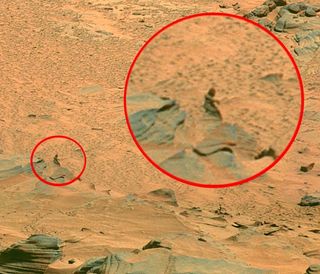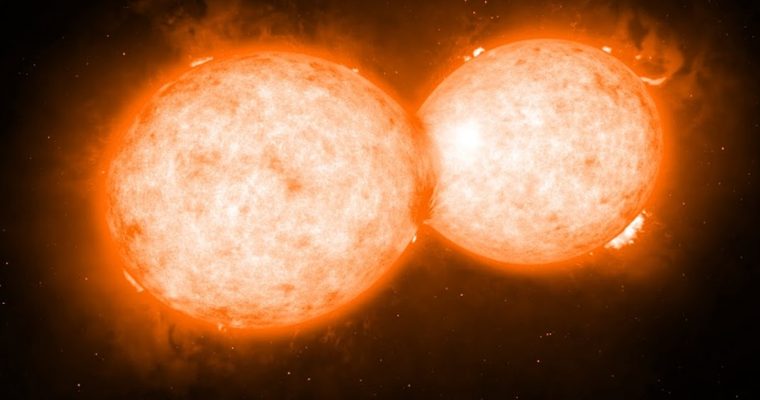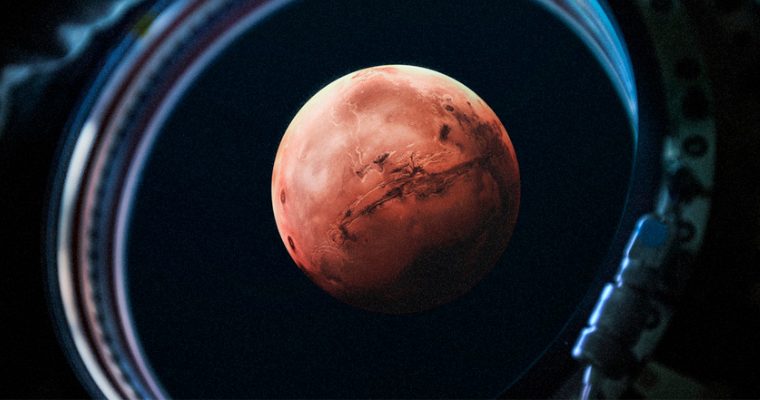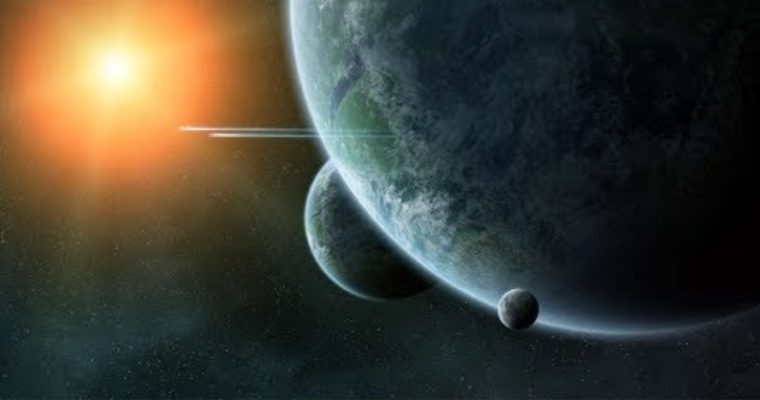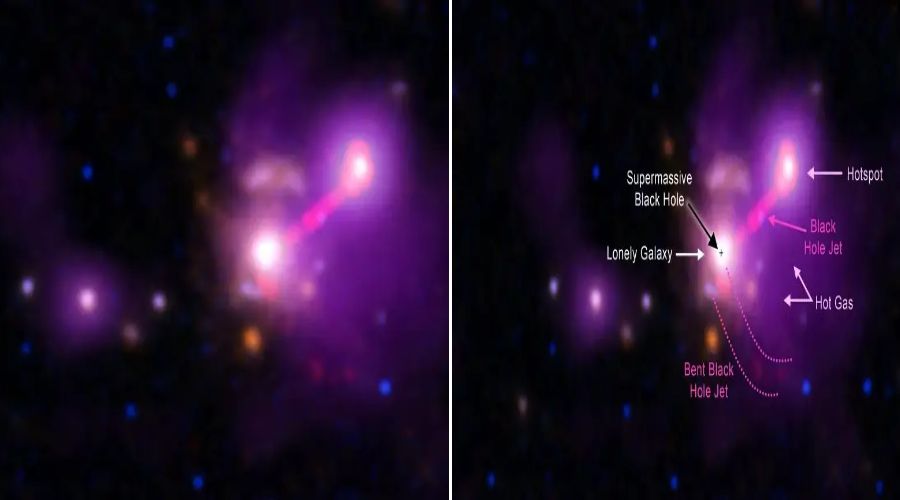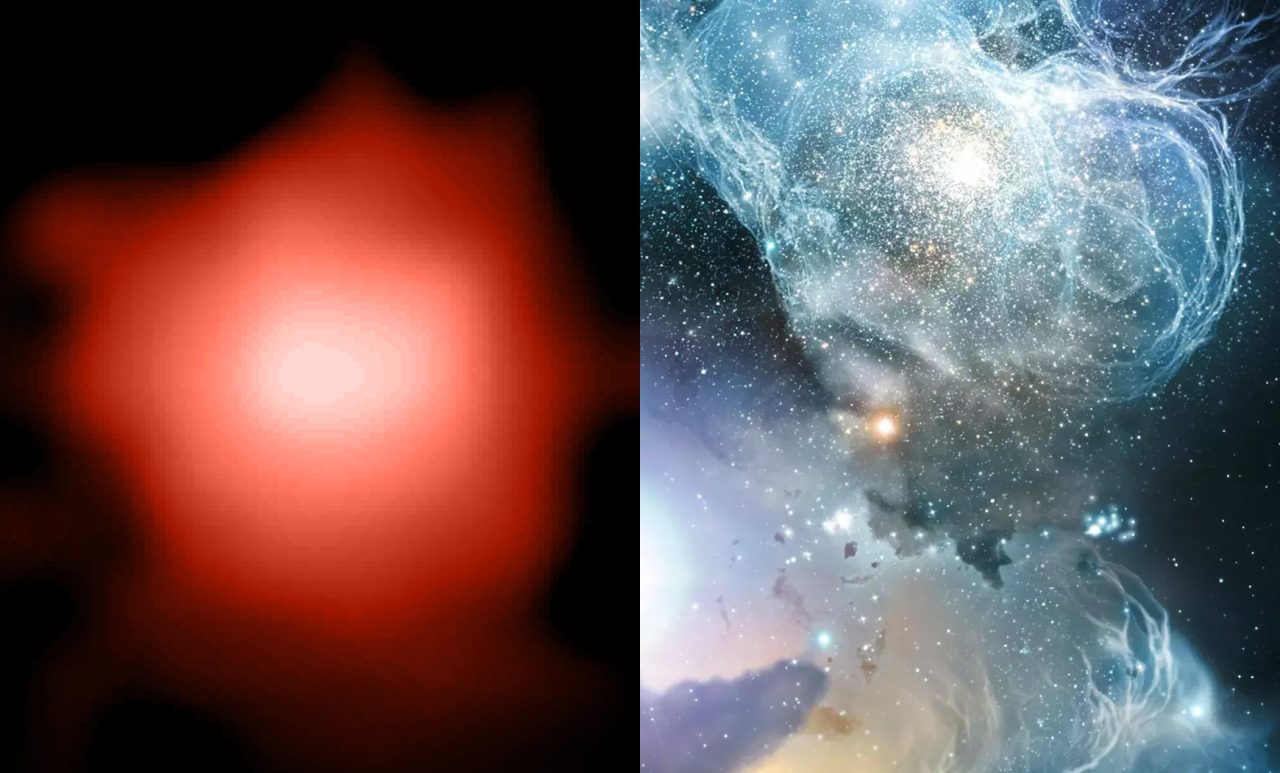Based on our current understanding of the universe and the conditions necessary for life to arise, scientists believe that there may be other planets out there that could support life. As mentioned in the text, the ingredients necessary for life are simple – energy, organic molecules, and liquid water. And so, the search for life beyond Earth is primarily focused on identifying planets that are in the habitable zone of their star and have the potential for liquid water.

In recent years, scientists have discovered many exoplanets – planets that orbit stars other than our Sun – and some of them are in the habitable zone. The next step is to study these planets in more detail to determine if they have the necessary conditions for life. This can be done using a variety of techniques, including analyzing the planet’s atmosphere for signs of life, searching for biosignatures (chemical or physical markers of life), and even sending probes or rovers to explore the surface of the planet.

The search for extraterrestrial life is a complex and challenging task, but it is also incredibly exciting. The discovery of even simple microbial life on another planet would have profound implications for our understanding of the universe and our place in it. It is a testament to the curiosity and ingenuity of the human spirit that we continue to push the boundaries of our knowledge and explore the unknown.
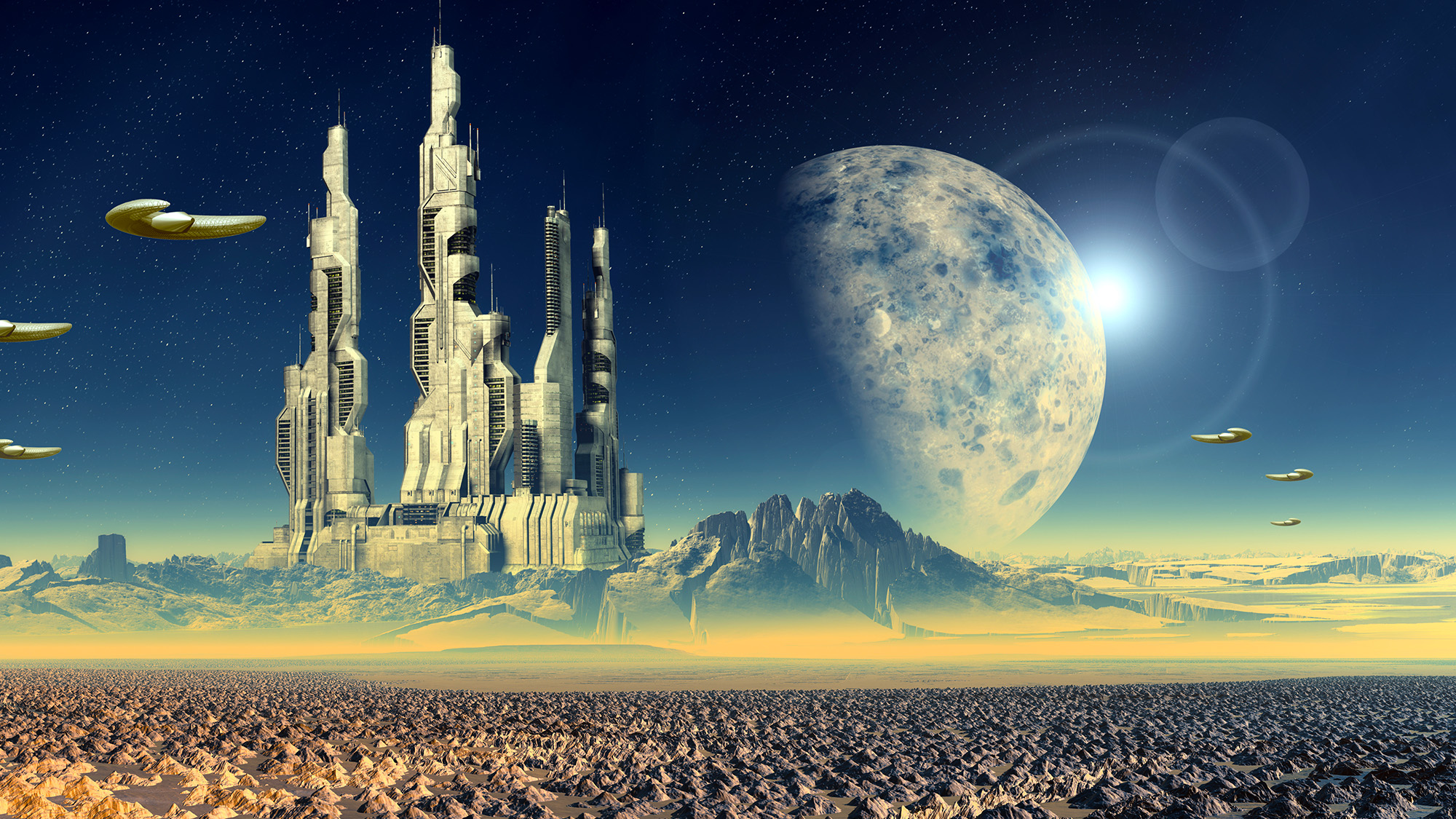
The secrets of nature are endless, and we have only begun to scratch the surface. It is well-known that the galaxy is filled with water, organic molecules, and complex chemistry, which were crucial for life to develop on our planet. Considering the abundance of these resources throughout the galaxy, it is highly likely that something similar to what happened on Earth occurred on other planets. Raw data indicates that up to a quarter of stars have rocky planets in their habitable zone, which is the perfect distance for liquid water to exist. In our Milky Way galaxy alone, there are approximately 50 billion planets like Earth, and in the entire observable universe, there could be up to 100 quintillion habitable planets.

It’s hard to fathom the sheer volume of chemical reactions that must be taking place on these planets. While many of these planets are uninhabitable, there are still many that may support life, such as the icy moons of gas giants like Enceladus and Titan. The possibilities for discovering life elsewhere in the universe are endless, and it may only be a matter of time before we make a significant discovery. Some believe that we may have already found signs of life on Mars, as the Viking lander detected radioactive gas after injecting Martian soil with nutrients, but this phenomenon remains unexplained. The discovery of even a single bacterium on another planet would indicate that the evolution of life is at work throughout the cosmos.
